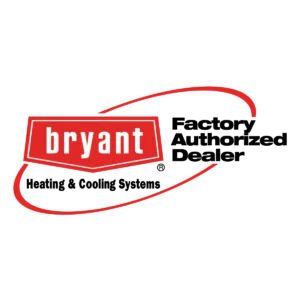With the change in seasons and upcoming holidays, homeowners should make sure to keep electrical safety in mind when prepping their homes for the cold months of December. With a little planning, you can easily avoid property loss and injuries due to electrical accidents. We’ve put together this guide to help you stay safe this fall—and make your holidays as risk-free as possible.
1. Be Careful with Personal Heating Appliances
Heating pads cause over 500 fires each year, and almost all of these fires involve electric blankets that are more than 10 years old. If you have a heating pad or electric blanket, here’s what you should do to stay safe:
- Never fold electric blankets when in use as they can easily overheat and possibly cause a fire.
- Don’t cover the electric blanket or heating pad with an additional blanket, and definitely don’t allow your cat or pet to sit on it. This has the potential to make the appliance overheat, resulting in a higher fire risk.
- Look for frayed, dark, or charred spots on the electric blanket or heating pad. Also, inspect the electric cord for any frayed or cracked spots. If any are present, replace the heating appliance altogether.
- Don’t leave heating appliances unattended, or use them while sleeping.
2. Take Extra Precaution When Using Power Tools and Equipment
Many do-it-yourself projects involve the use of power tools and equipment, which can be extremely dangerous to the user. The U.S. Consumer Product Safety Commission estimates that there are at least 400 electrocutions in the US each year, and as much as 8% of them are attributed to electrical accidents with hedge trimmers, power drills, sanders, saws, and other electric tools.
If you’re a handyman, and you frequently fix things up in your home, you’ll need to be extra vigilant when using power tools. A few essential tips to keep in mind:
- Avoid the use of power tools near live electrical wires or water pipes.
- When cutting or drilling into walls, remember that there are electrical wires or water pipes that could be accidentally touched or penetrated.
- Always use tools with insulated grips.
- Do not use power tools with an extension cord that exceeds 100 feet.
- Use only ground fault circuit interrupters (GFCIs) with every power tool to avoid electric shocks.
- Make sure to wear appropriate protective gear when working with power tools and equipment. Safety goggles, dust masks, gloves, and hearing protection are all essential to a life of good sight and hearing.
- If you have a wet-dry vacuum cleaner or a pressure washer, be sure to follow the manufacturer’s instructions in regard to using it so you protect against electric shocks.
- Make sure that the safeguards on outdoor electric tools are in place before operating.
3. Be a Smart DIYer
In today’s DIY culture, many homeowners prefer undergoing home improvement or reparation projects on their own. Unfortunately, DIY home projects often incur risks that few people really consider. If you’re a DIYer as well, then here are a few electrical safety tips you should never overlook:
- Before you get started, take the time to learn your home electrical system, so you don’t accidentally touch or penetrate wires inside the wall.
- Unplug any appliance that you plan to work on.
- Turn off the power to the circuit you will be working on by switching off the circuit breaker in the main service panel. Make sure to test the wires before you touch them to test if the circuit is turned off.
- When performing a DIY project, pay careful attention not to touch plumbing or gas pipes inside the wall.
- If a project is beyond your skill level, don’t attempt to do it. Instead, call a professional to handle it so you minimize any potential risk.
If you have trouble with your electrical system, call John C. Flood today at 703-214-5611!




